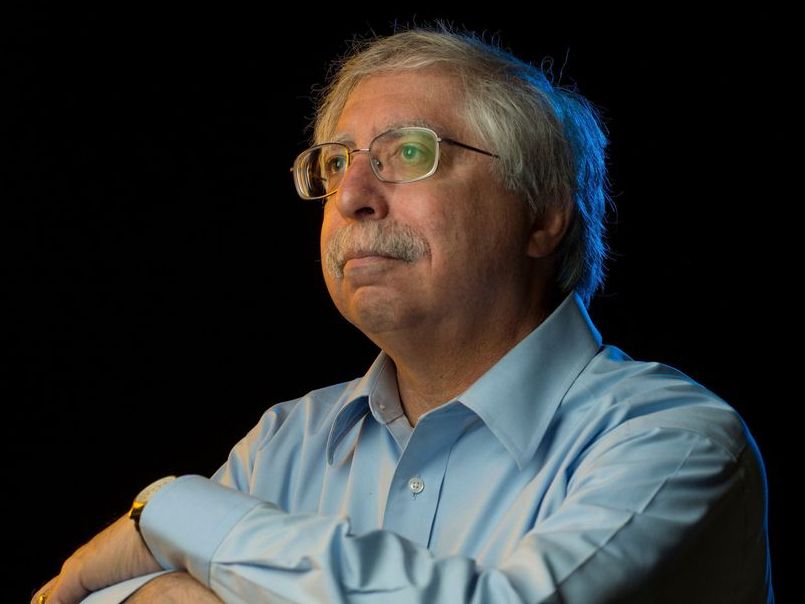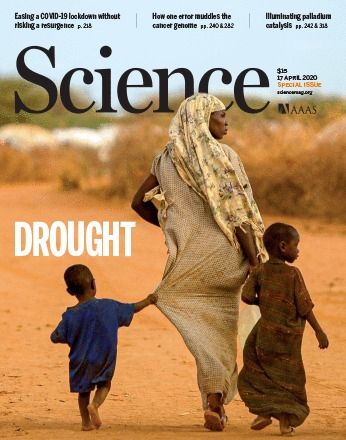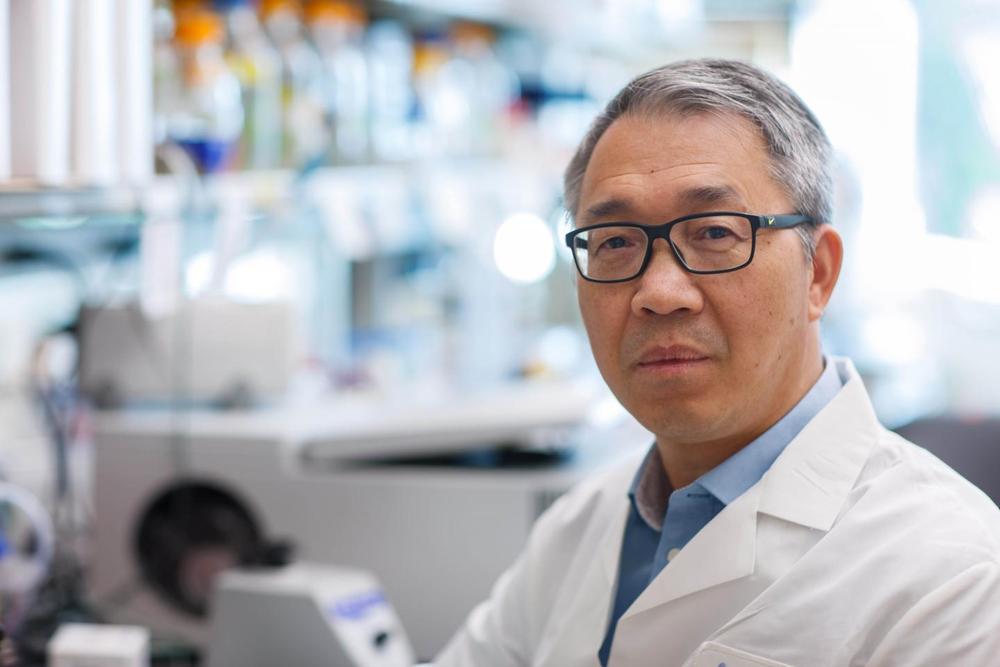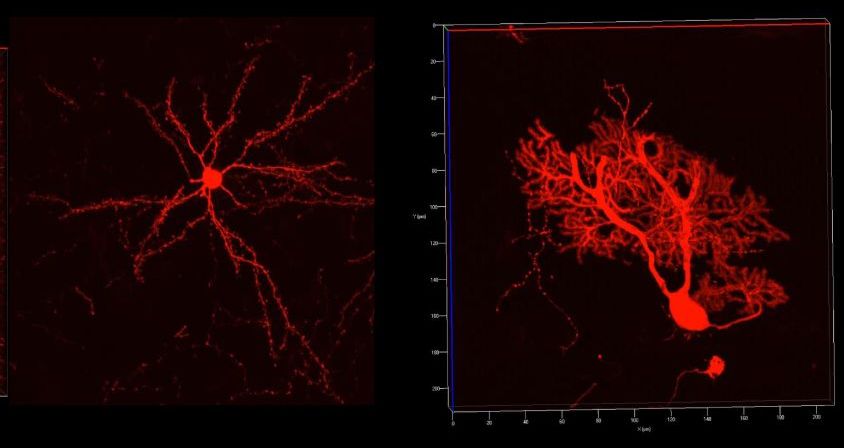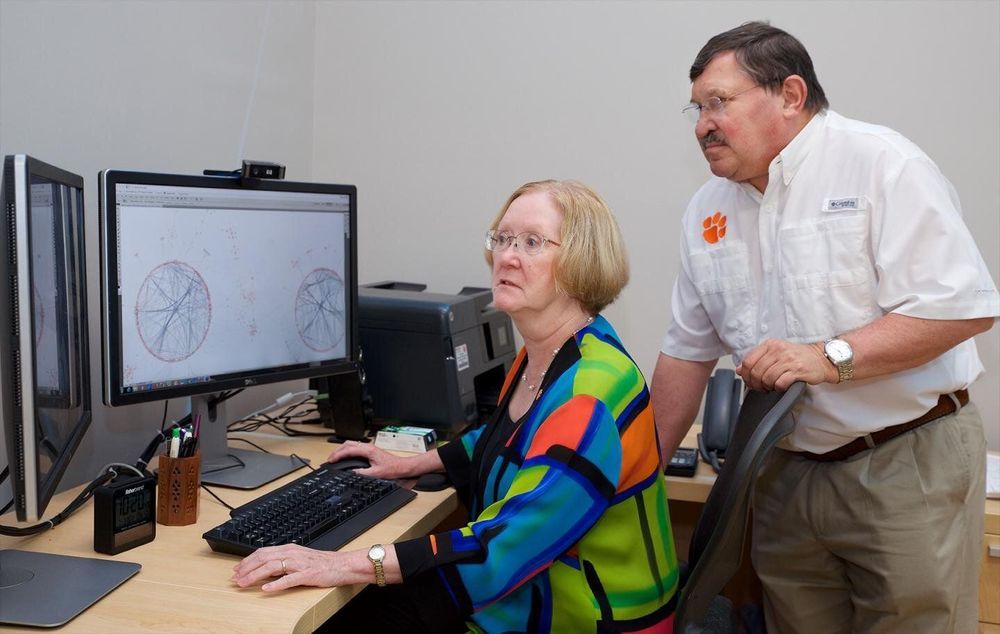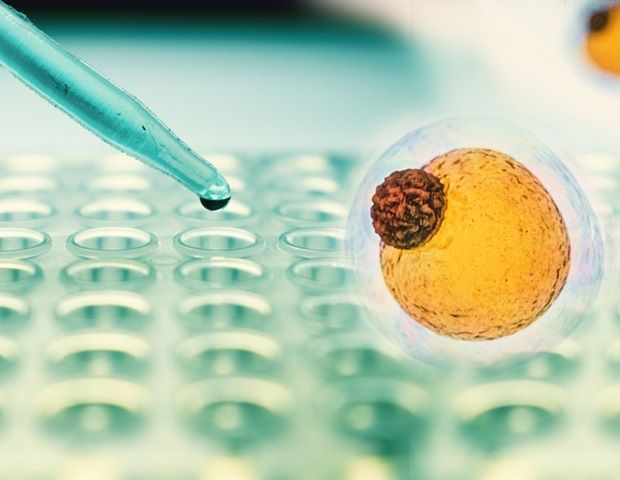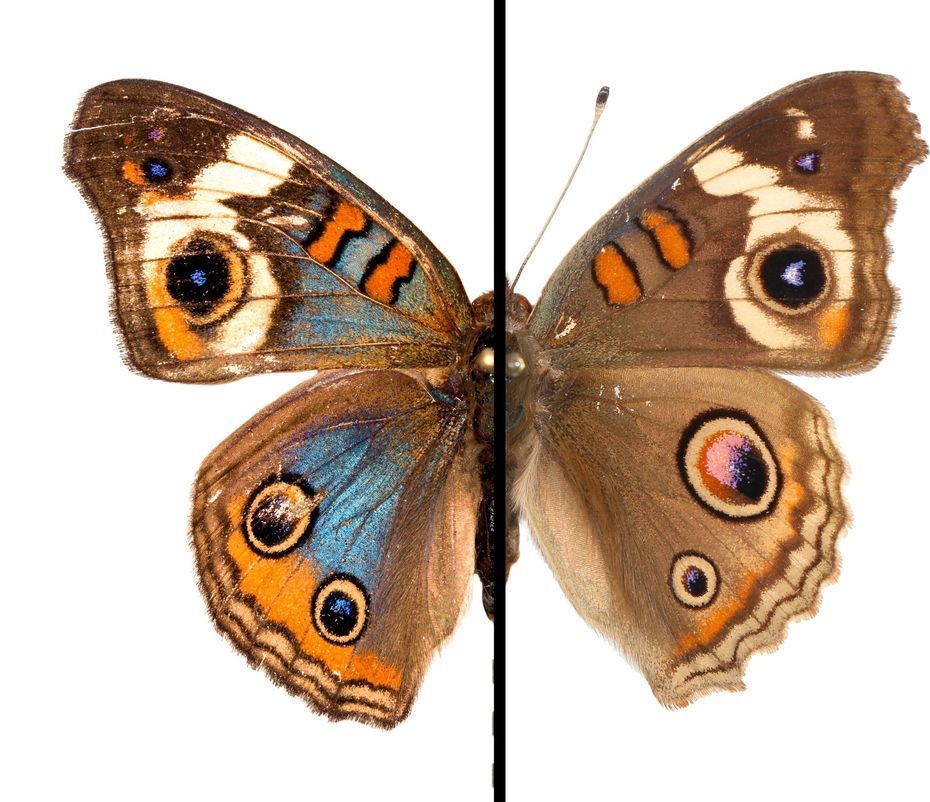It is an engineer’s dream to build a robot as competent as an insect at locomotion, directed action, navigation, and survival in complex conditions. But as well as studying insects to improve robotics, in parallel, robot implementations have played a useful role in evaluating mechanistic explanations of insect behavior, testing hypotheses by embedding them in real-world machines. The wealth and depth of data coming from insect neuroscience hold the tantalizing possibility of building complete insect brain models. Robotics has a role to play in maintaining a focus on functional understanding—what do the neural circuits need to compute to support successful behavior?
Insect brains have been described as “minute structures controlling complex behaviors” (1): Compare the number of neurons in the fruit fly brain (∼135,000) to that in the mouse (70 million) or human (86 billion). Insect brain structures and circuits evolved independently to solve many of the same problems faced by vertebrate brains (or a robot’s control program). Despite the vast range of insect body types, behaviors, habitats, and lifestyles, there are many surprising consistencies across species in brain organization, suggesting that these might be effective, efficient, and general-purpose solutions.
Unraveling these circuits combines many disciplines, including painstaking neuroanatomical and neurophysiological analysis of the components and their connectivity. An important recent advance is the development of neurogenetic methods that provide precise control over the activity of individual neurons in freely behaving animals. However, the ultimate test of mechanistic understanding is the ability to build a machine that replicates the function. Computer models let researchers copy the brain’s processes, and robots allow these models to be tested in real bodies interacting with real environments (2). The following examples illustrate how this approach is being used to explore increasingly sophisticated control problems, including predictive tracking, body coordination, navigation, and learning.
